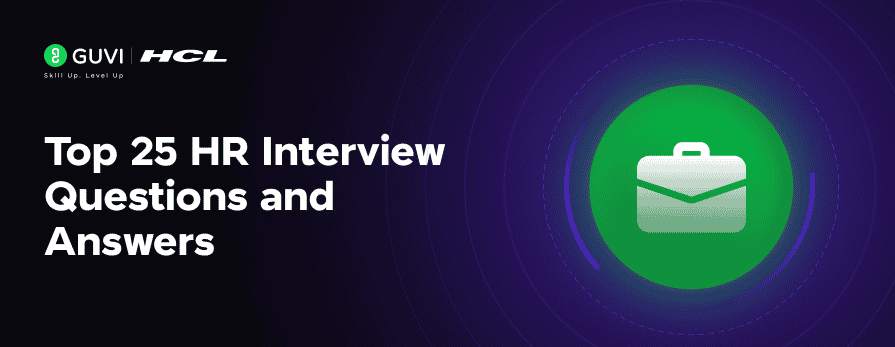
Top 25 HR Interview Questions and Answers
Oct 10, 2025 6 Min Read 2679 Views
(Last Updated)
Human Resources (HR) is a department that is charged with finding, screening, recruiting, training job applicants, and administering employee benefit programs. Do you have an upcoming HR interview? We’ve got your back!
This blog covers the top 25 HR interview questions and answers. We will provide you with important HR related concepts that you need to learn to feel confident in your interview. This blog will be your great go-to guide before the interview. Let’s get started!
Table of contents
- Skills to Ace an HR Interview
- Top 25 HR Interview Questions and Answers
- Basic Questions
- Tricky Questions
- Scenario-Based Questions
- Job-Specific Questions
- Conclusion
- FAQs
- Q1. What is the best way to prepare for an HR interview?
- Q2. How long should my answers be during an HR interview?
- Q3. How important is body language during an HR interview?
- Q4. Should I memorize answers to HR interview questions?
Skills to Ace an HR Interview
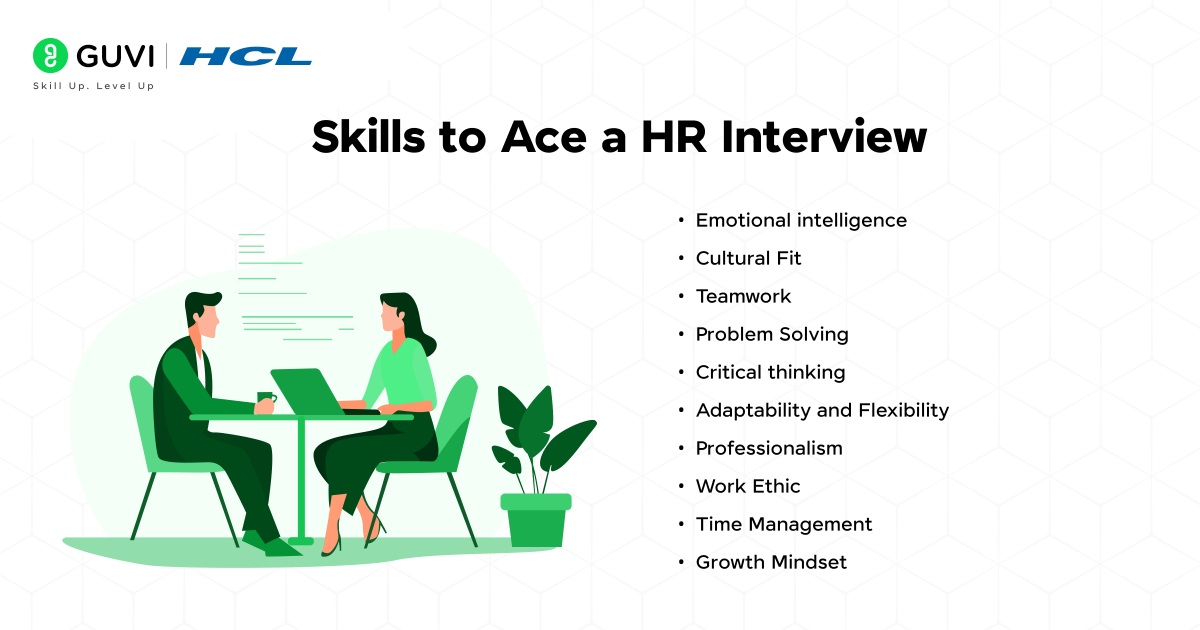
This section covers the necessary knowledge about HR interviews. HR will evaluate your soft skills. Having a decent knowledge of English and being able to communicate effectively will boost your confidence in answering the questions. Other than communication skills, here are some of the important skills you need to know.
- Emotional intelligence: It is the ability to manage your emotions, empathize, and interact with others.
- Cultural Fit: It involves assessing whether your values align with the company’s culture.
- Teamwork: It highlights your ability to collaborate, respect others, and work well in a team.
- Problem Solving: It is the ability to approach challenges and make decisions to solve the problem.
- Critical thinking: It is the ability to think and handle critical situations using the STAR method.
- Adaptability and Flexibility: It is the ability to adapt in today’s fast-changing work environment.
- Professionalism: It involves punctuality, preparedness, and respectful attitudes towards the work environment.
- Work Ethic: It demonstrates reliability, accountability, and motivation to contribute meaningfully.
- Time Management: It involves task prioritization, meeting deadlines, and working under pressure.
- Growth Mindset: It tells about your eagerness to learn, develop, and take a new challenge to grow.
Top 25 HR Interview Questions and Answers
This section covers the top 25 HR interview questions and answers. We will provide you with the sample answers, and customize the answers according to your experience and story. Let’s get into it.
Basic Questions
- Tell me about yourself
While introducing yourself, do not start with your name since the HR already knows it. Focus on your professional journey, relevant experience, skills, and achievements that boost your candidacy for this role. Keep it concise, i.e., 1 or 2 minutes, and tailored to the job.
Sample Answer:
I have a strong background in software development with 2 years of experience in web development. I have worked on projects that involve JavaScript, Version Control, and backend, which helped me to become a full-stack developer. I am currently looking to grow further in a dynamic environment like yours, where I can contribute to HCL Guvi’s growth.
- What are your weaknesses?
Mention one or two genuine weaknesses that you have and how you overcame them.
Sample Answer:
I used to have multitasking as my weakness, two years back I started to pursue various domains in software development, such as DevOps, web development, and AI. This leads me to no effective results, and I struggle with coping with the different concepts. Later, I started to pursue one domain, which is web development, where I explored different concepts such as frontend, backend, and UI/UX to enhance my multitasking skills. It was both easy and effective.
- What are your strengths?
Mention one or two strengths that you have that will be helpful in the organization you are applying to.
Sample Answer:
One of my key strengths is problem-solving. In my previous job, I streamlined a reporting process that reduced monthly turnaround time by 30%. I enjoy identifying inefficiencies and finding smart solutions.
- Why should we hire you?
Mention your skills, experience, and how they align with the company’s expectations and goals.
Sample Answer:
I am a perfect fit for this position because I bring both experience and drive to contribute from day one of joining your company. I have a proven track record in web development, and I am passionate about continuous development and improvement. I am confident that my skills will be a great asset to your team.
- How do you handle criticism?
Show your calmness, maturity, openness, and a growth mindset in your response.
Sample Answer:
I take criticism as a chance to improve myself and my work. I once received feedback about my tendency to rush through QA checks. I took it seriously, adjusted my workflow, and started using checklists, which significantly reduced errors.
- How would your coworkers/friends describe you?
Sample Answer:
My friends/coworkers would describe me as a person who delivers tasks on time and motivates my team members to complete their tasks. I’m usually the one people come to when they need help troubleshooting or organizing tasks under pressure.
- Where do you see yourself in five years?
Sample Answer:
In five years, I see myself in a leadership role where I can contribute to decision-making and mentor my junior team members. I want to grow with a company that values development and innovation, like yours.
Tricky Questions
- Can you work under pressure?
Sample Answer:
Yes, I perform well under pressure. I believe that working under pressure boosts my confidence and perfection in work. In my last job, we had a system failure before submitting our work to the client. I coordinated with the IT team, prioritized this issue, and we delivered the work on time.
- Why do you want to work for our company?
Show your knowledge you have about the company and how it aligns with your experience or culture.
Sample Answer:
I have researched the company, and I am excited about their vision and innovation in the technology field. The recent project ‘project name’ by your company impressed me. I want to be part of a team where I can grow and contribute to meaningful work.
- Why are you looking for a change?
Mention your genuine reason for looking for a job change. It can be anything from monetary increase, growth, and opportunity. Do not mention any complaints from previous employers.
Sample Answer:
I am currently looking for a job change because this role aligns with my long-term goals. I am especially interested in your company because of its innovation and recent contributions in the AI field.
- How would you rate yourself on a scale of 1 to 10?
Avoid saying 10 because HR knows that no one can be 10. Go somewhere between 7.5 to 9 with justification and openness to learning.
Sample Answer:
I would rate myself an 8. I have a strong technical background, and I consistently meet expectations. I believe that there is always room for improvement, and I am committed to learning and improving continuously.
- If you got an offer from a product-based company, would you still be working?
Sample Answer:
My focus is on finding the right role and environment where I can grow and contribute meaningfully. If I’m selected here, I’ll be fully committed and won’t entertain other opportunities.
- What is your dream company like?
Make sure your answer aligns with the company you applied for.
Sample Answer:
I am looking for a place where I can learn, create impact, collaborate, and grow with the organization. My dream company values innovation, supports employee development,t and inclusive culture.
- What did you dislike about your last job?
Avoid complaining and negative feedback. Focus on growth and your reason for looking a new job.
Sample Answer:
My last job was a great learning experience, but the role became quite repetitive, and I was looking for more opportunities to challenge myself and grow. That’s why I’m seeking a role that offers more variety and development.
Scenario-Based Questions
- What is your biggest achievement so far?
Make sure to choose a measurable achievement and relevant to the role you are applying for. The achievement can be from your college days or a previous company.
Sample Answer:
My biggest achievement was publishing an open-source npm package to automate the project setup for frontend development using HTML, CSS, and JavaScript. It received 400+ downloads in its first week of deployment. It is a game changer in my open-source journey.
- Tell me how you will handle it if suddenly the priorities of a project were changed?
Sample Answer:
I understand that there are many reasons for a company to change the priority of a project. If the priority of the task that I work on gets changed, I will put efforts into understanding why this happened and I will consider that it is in the best interest of the company and start to work on the new task of higher priority rather than crib about it.
- Tell me about a time when you were not satisfied with your performance
Be honest in your response, and show that you are capable of rectifying your mistakes by learning.
Sample Answer:
During my first job after college, I missed a detail in a report that delayed a deliverable. I took full responsibility at that time and learned from the mistake not to repeat it. I implemented a more thorough review process before submitting, which prevented me from making similar mistakes in the future.
- Tell me about a time when you experienced difficulty at work while working on a project.
Your response should state the difficulty and focus more on how you overcame the difficulty.
Sample Answer:
During a project, we faced delays from a third-party vendor. I proactively restructured the project timeline and worked closely with the vendor and stakeholders to mitigate risks. We still completed the project with minimal impact.
- How would you handle disagreements with your manager?
Your response should clearly emphasize professionalism, communication, and respect.
Sample Answer:
I would request a one-on-one meeting with my manager to calmly discuss our perspectives. If needed, I’d suggest a compromise approach or bring data to support my view while remaining open-minded.
- Can you give me an example of a time when you showed leadership?
Use the STAR(Situation, Task, Action, Result) method to answer behavioral questions like this.
Sample Answer:
I remember when I was in college, and my teammates were working on a project that required us to learn new technologies. I took the initiative to allocate work among us to achieve the best results. I began the process by asking each member of the team about their knowledge in specific areas, and started to allocate the task according to their comfort level with the technology. Finally, we were able to complete the task on time and received appreciation from our mentors.
- What do you do to ensure that a certain number of tasks are completed effectively?
Your response should include details about planning, prioritizing, and time management.
Sample Answer:
I begin to organize them based on the priorities and come up with a plan to set deadlines for each of them and begin to work on the task. Whenever I feel like I am blocked or I am facing roadblocks, I let my supervisor know of this, and I don’t hesitate to seek help from my colleagues. If I see that I am not able to meet the deadlines, then I will inform my manager well in advance by detailing whatever I have done.
Job-Specific Questions
- What is your salary expectation?
Make sure to research market rates and learn from previous employees about the salary. Provide a range and show flexibility.
Sample Answer:
Based on my research on Glassdoor and experience, I believe a fair range would be ₹5 to ₹7 LPA. I’m flexible and more focused on the role, growth opportunities, and company culture.
- Do you prefer working alone or in a team?
Show your ability to work with teams, team management skills, and highlight your comfort.
Sample Answer:
I enjoy working with a team because it brings ideas from different perspectives, collaborative energy and we can learn many things from each other. I am also comfortable working independently when tasks require me to focus and be accountable.
- What do you know about our company?
Sample Answer:
I know your company is a great leader in the service provider industry with a strong reputation for innovation and employee development. I was impressed with recent initiatives and the launch of the new project in AI. It aligns well with what I am looking for in a workplace.
- Are you willing to relocate?
Sample Answer:
Yes, I am open to relocating. I view it as a great opportunity to explore a new environment and grow personally and professionally.
Conclusion
In conclusion, this blog is the perfect last-minute guide to ace your HR interview. It covers HR related topics ranging from communication, problem solving, critical thinking, adaptability, professionalism, work ethics, culture, time management, and other soft skills. Mastering these skills will not only help you in acing HR interviews for most of the roles. Happy Learning!
FAQs
Q1. What is the best way to prepare for an HR interview?
The best way to prepare is to research the company, review common HR interview questions, and practice your answers using the STAR method (Situation, Task, Action, Result). Focus on communication, body language, and understanding the job requirements thoroughly.
Q2. How long should my answers be during an HR interview?
Your answers should be concise and relevant — ideally 1 to 2 minutes long. Avoid rambling, and make sure to directly address the question with a structured response, especially when sharing examples or experiences.
Q3. How important is body language during an HR interview?
Body language plays a crucial role. Maintaining eye contact, sitting upright, offering a firm handshake (if in person), and using open gestures show confidence and professionalism. Avoid fidgeting or looking disinterested.
Q4. Should I memorize answers to HR interview questions?
You don’t need to memorize exact answers. Instead, understand the key points you want to convey and practice delivering them naturally. Authenticity and adaptability are more important than rehearsed responses.



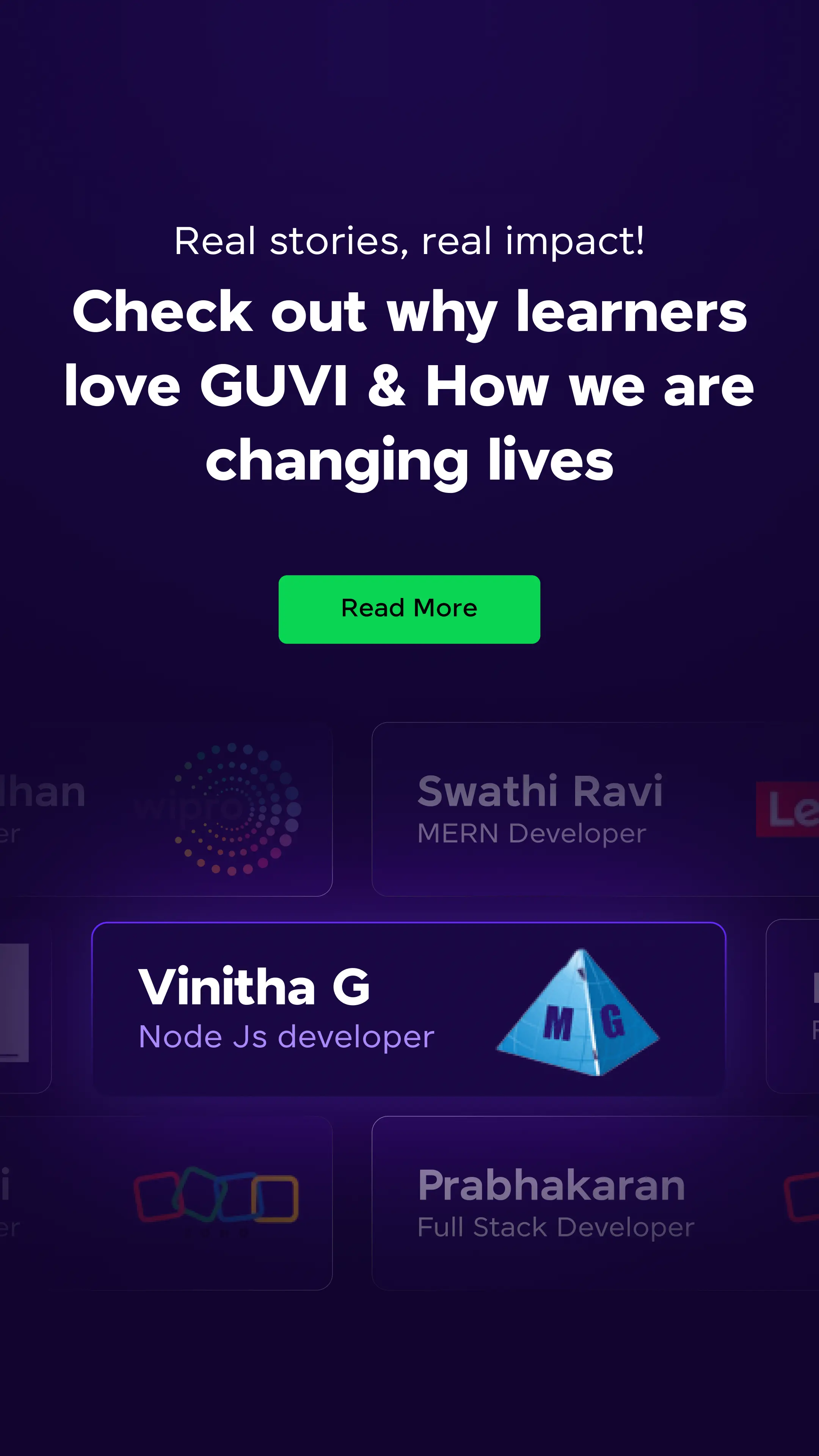















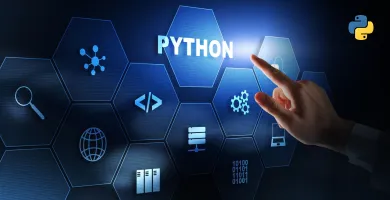



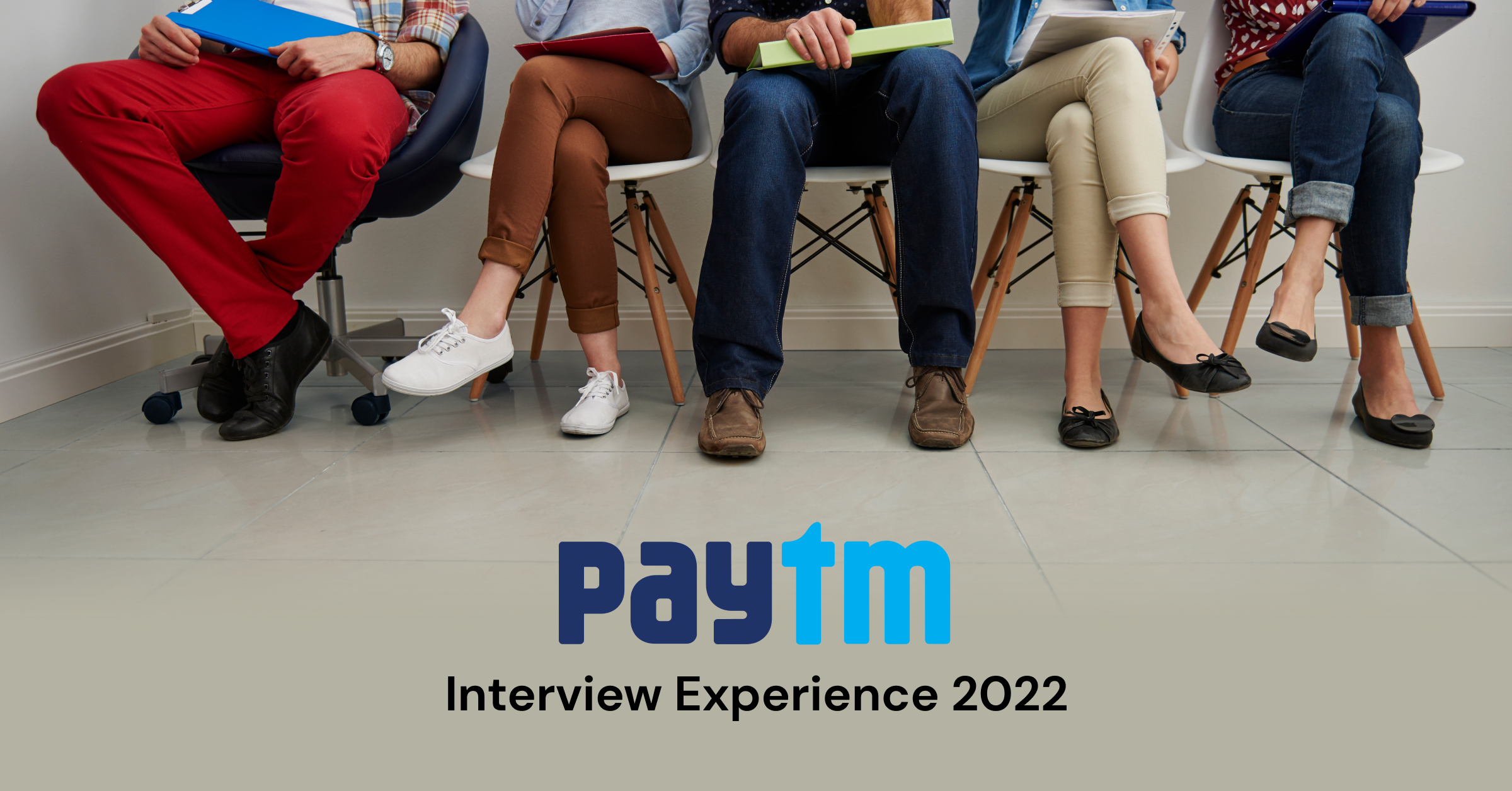

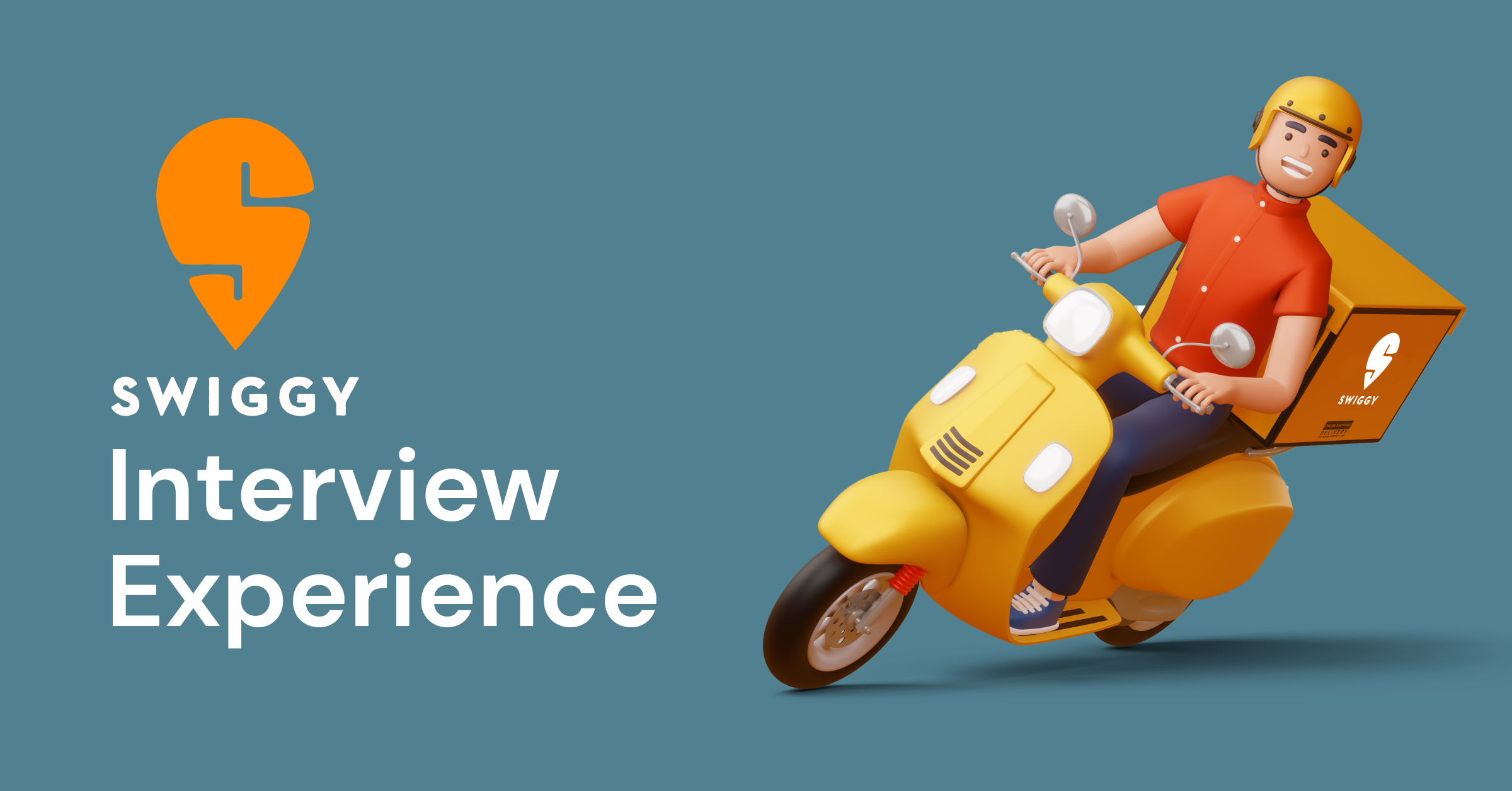
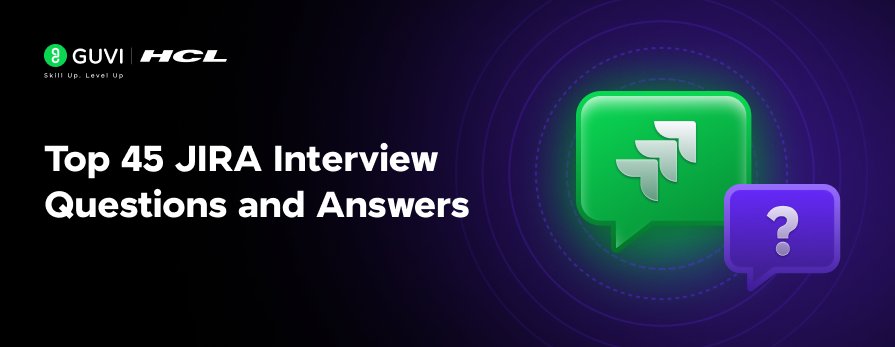

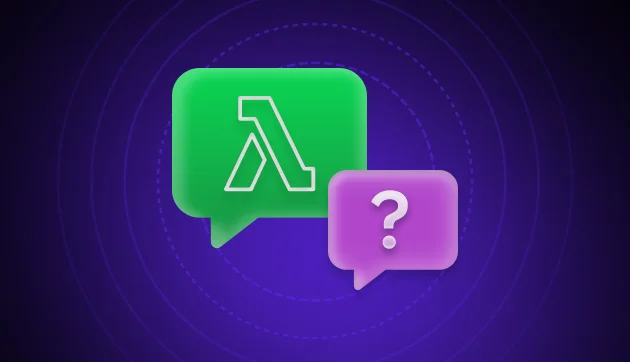
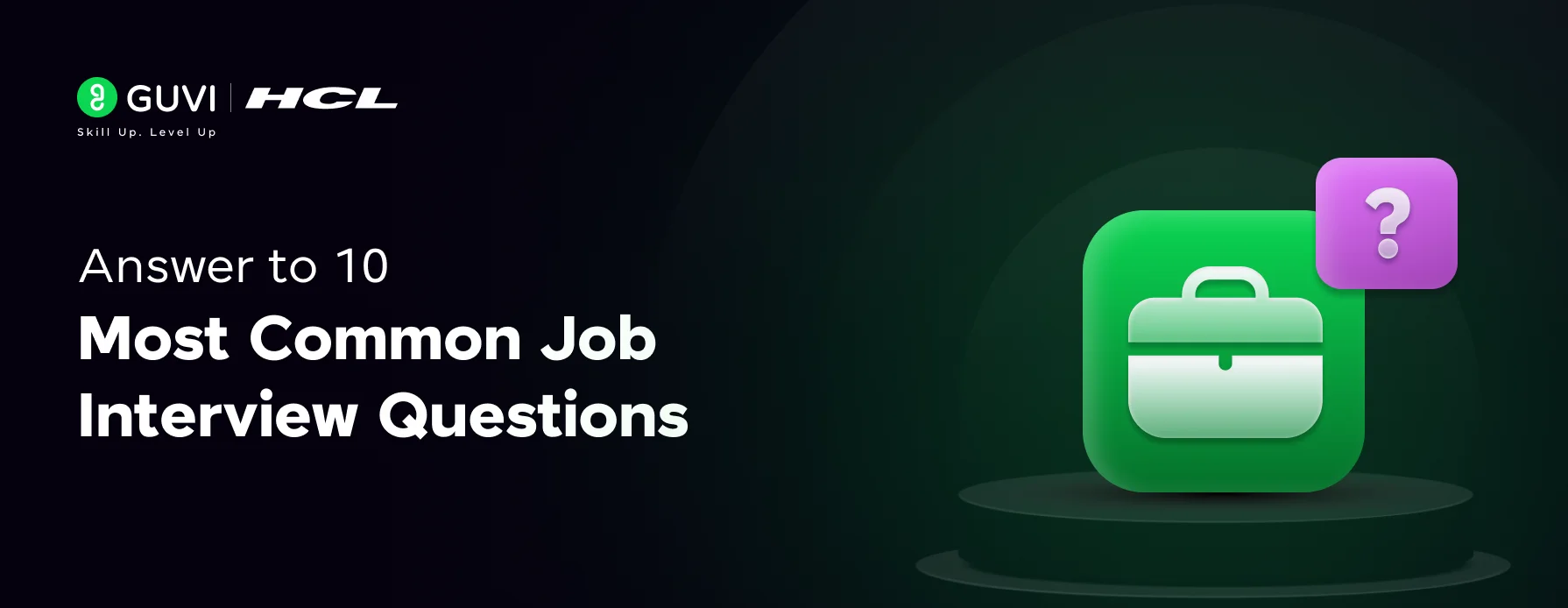
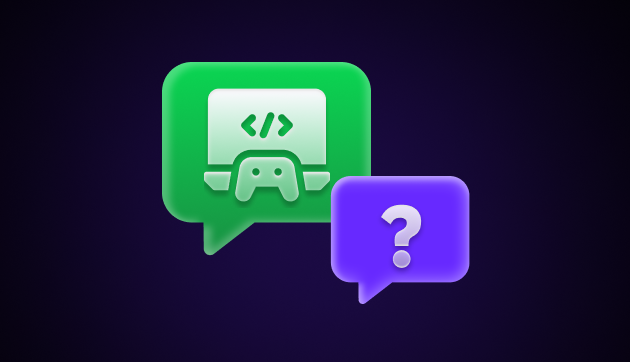
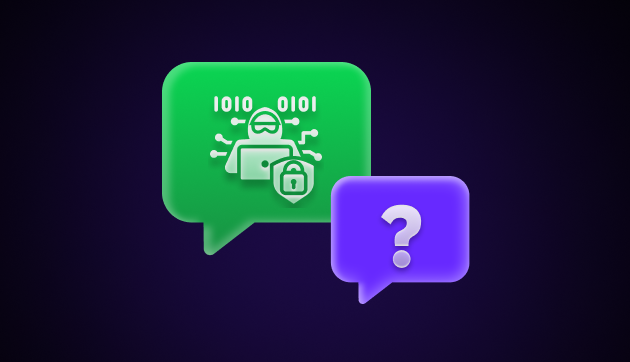




Did you enjoy this article?